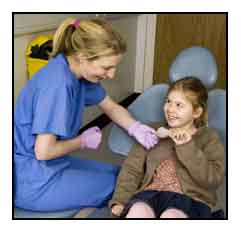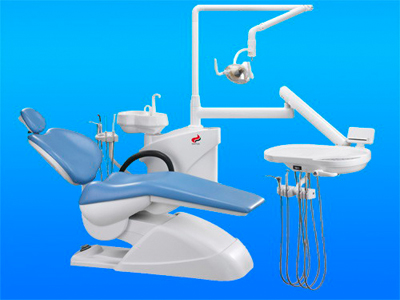Intravenous (IV) Sedation (continued)
IV sedation performs under a hospital setting with fully-equipped facilities and it can only be administered by a certified anesthesiologist. There are strict rules and regulations set by every state’s Dental Board when it comes to anesthesia equipments and drugs used. Therefore, you should make sure your child is being treated by a qualified and experienced anesthesiologist. Continue reading



